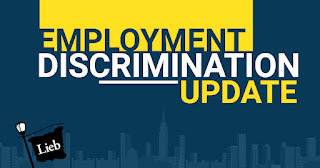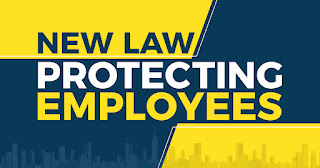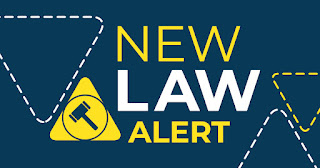On December 5, 2025, NYS passed A4898, which amends the New York State Human Rights Law at Executive Law 296(7) to expressly prohibit retaliation against an individual who requests a reasonable accommodation.
The Bill Jacket explains the scenario which this new law seeks to address as being that "an employee must be granted an accommodation in the workplace, but an employer claims they can legally be fired for asking for it in the first place." This law closes that loophole in all scenarios where an accommodation is required under the law, including at a "workplace, housing, and in certain public settings such as health clinics, hospitals, restaurants, government buildings, retail stores, and more" because "it is a violation under the Human Rights Law to deny a request for an accommodation based on disability (Executive Law § 296(3)(6), (2-a)(d), (14),(10), pregnancy-related condition (Executive Law § 296(3)(a)), religious observances (Executive Law § 296(10)), or domestic violence victim status (Executive Law § 296(22)(6)(1))."
If you’re facing retaliation for asking for an accommodation, Lieb at Law, P.C. handles these cases. Talk to our discrimination team today.
*attorney advertising
.jpg)










